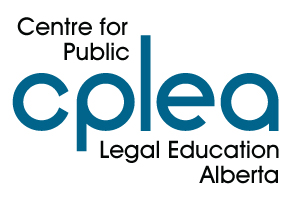This guide was design for parents to prepare them for the conversations they may need to have with their kids when they first start using digital devices, as they grow and their online activities change, and when things go wrong. The guide is divided into three sections that each deal with a different aspect of digital citizenship: Respect People's Feelings, to Respect Privacy and to Respect Property online.
Canada/Federal
The British Columbia Civil Liberties Association (BCCLA) has re-launched an online guide about privacy rights related to electronic devices – such as laptops, cellphones, and tablets – at the border. It’s aimed at people crossing the border into Canada or departing for the U.S. through preclearance areas in Canada. It is available in English in both a short guide and a full guide and available in French, Mandarin, Punjabi, Tagalog, Spanish and Arabic.
If you are victim of identity theft or identity fraud, you should immediately take some basic steps to prevent further crimes from happening and to restore your credit and good name. Navigating through the system as a victim can be time-consuming and confusing. This guide should help start you off in the right direction.
The National Do Not Call List (DNCL) gives consumers a choice about whether to receive telemarketing calls. If you are a consumer you can choose to reduce the number of telemarketing calls you receive by registering your residential, wireless, fax or VoIP telephone number on the National DNCL. You can also file a complaint about telemarketing calls. Call toll-free 1-866-580-DNCL (1-866-580-3625)
The Commissioner is an advocate for the privacy rights of Canadians and her powers include: Investigating complaints, conducting audits and pursuing court action under two federal laws - Privacy Act and Personal Information Protection and Electronic Documents Act (PIPEDA); Publicly reporting on the personal information-handling practices of public and private sector organizations; Supporting, undertaking and publishing research into privacy issues; and Promoting public awareness and understanding of privacy issues.
The Peer Privacy Protectors Project was created by the Canadian Civil Liberties Association (CCLA) to improve communication and education about privacy rights and risks for youth, who are among the most frequent users of technology in Canada. The resulting printed guidebook and accompanying website provides information for teens on how to safeguard thier personal information, reputation and privacy, the body as information, and government surveillance issues.
The Privacy & Access Council of Canada (PACC) a voice for privacy and access. PACC is Independent • Non-profit • Non-partisan • Non-government. PACC is dedicated to the development and promotion of the access-to-information, information privacy, and data governance profession across the private, non-profit and public sectors.
This publication prepared by the Office of the Privacy Commissioner of Canada is intended to provide readers with a general overview of the ten principles included in the federal Personal Information Protection and Electronic Documents Act (PIPEDA), and how these principles affect associations and non-profit organizations (PDF - 10 pages).
In order to build consumer trust and confidence in conducting e-business in Canada the Government of Canada is committed to establishing clear rules to protect the privacy of personal information in the new 'virtual' marketplace. This is being done through the implementation of Federal privacy legislation, and through development of a national policy on unsolicited consumer e-mail, otherwise know as SPAM.








Follow CPLEA